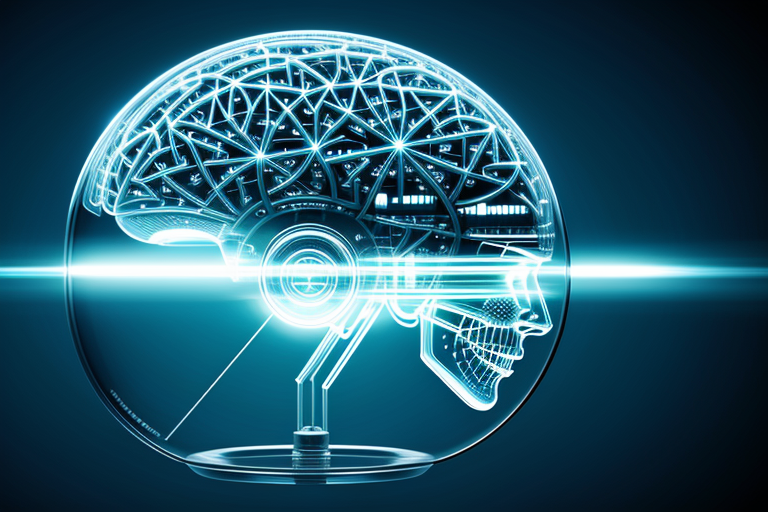Search engine optimization (SEO) plays a vital role in the success of websites in today’s digital landscape. With the emergence of artificial intelligence (AI), the SEO industry is undergoing significant changes. AI-powered tools like ChatGPT, Bard, and Copy.ai have the potential to revolutionize how SEO professionals create and scale content. However, it is important to balance scalability and quality, as relying solely on AI-generated content may not yield long-term benefits.
The Search Liaison at Google emphasizes the importance of human oversight in AI-generated content. While AI can help generate more content to improve organic visibility and rankings, it is crucial to consistently exceed user expectations. Low-quality content can harm a website’s visibility, so human intervention is necessary to ensure content meets desired standards.
One concern with AI-generated content is the potential for duplicate content issues. AI tools often generate similar responses, so SEO professionals must be cautious and take steps to prevent problems from duplicated content. Google’s primary goal is to provide relevant and quality search results, so using the same AI tools as others may not offer unique value to the audience.
Scalability is a critical aspect of SEO, going beyond just efficiency. It involves pattern recognition and a data-driven approach. While AI can contribute to scalability, relying too heavily on AI for content scalability and automation can pose challenges. It is important to develop strategies that can be implemented on a large scale without compromising quality.
The implications of generative AI on SEO are still uncertain. AI is making its mark on the marketing industry, and integrating AI into workflows can be highly beneficial. However, it is important to strike a balance and not solely depend on AI for content creation. Human oversight is necessary to review and edit AI-generated content, ensuring it aligns with the intended message and brand voice.
Copyright ownership for AI-generated content remains a complex issue. As AI becomes more prevalent in content creation, the question of who holds the copyright becomes more complicated. Currently, there is no definitive answer, and it continues to be a topic of discussion among SEO professionals.
While AI can bring efficiency and scalability to SEO, it is crucial to remember that AI alone is not the solution. The technology still has room for improvement and requires careful oversight. SEO professionals should aim for a balance between harnessing AI capabilities and maintaining the human touch that ensures quality and relevance.
Fortunately, there are various plugins and tools available that support SEO and content marketing beyond just content production. These tools assist in optimizing websites for search engines and enhancing the user experience. SEO professionals should explore these resources to complement their AI-powered efforts and achieve comprehensive results.
Efficiency and scalability can be achieved without sacrificing quality. It is vital for SEO professionals to find a balance between growth and optimization, using appropriate processes and incorporating AI technologies where suitable. By adopting a data-driven approach, SEO professionals can ensure scalability without compromising user experience and content quality.
In conclusion, AI is making significant progress in the SEO industry, offering transformative potential for content creation and scalability. However, caution is necessary when dealing with AI-generated content. Balancing scalability and quality is crucial to ensure content serves its purpose effectively. Human oversight, pattern recognition, and data-driven processes are essential elements in achieving scalable SEO strategies. As AI continues to evolve, SEO professionals must stay informed, adapt their strategies, and leverage the technology while prioritizing user experience and content quality.











